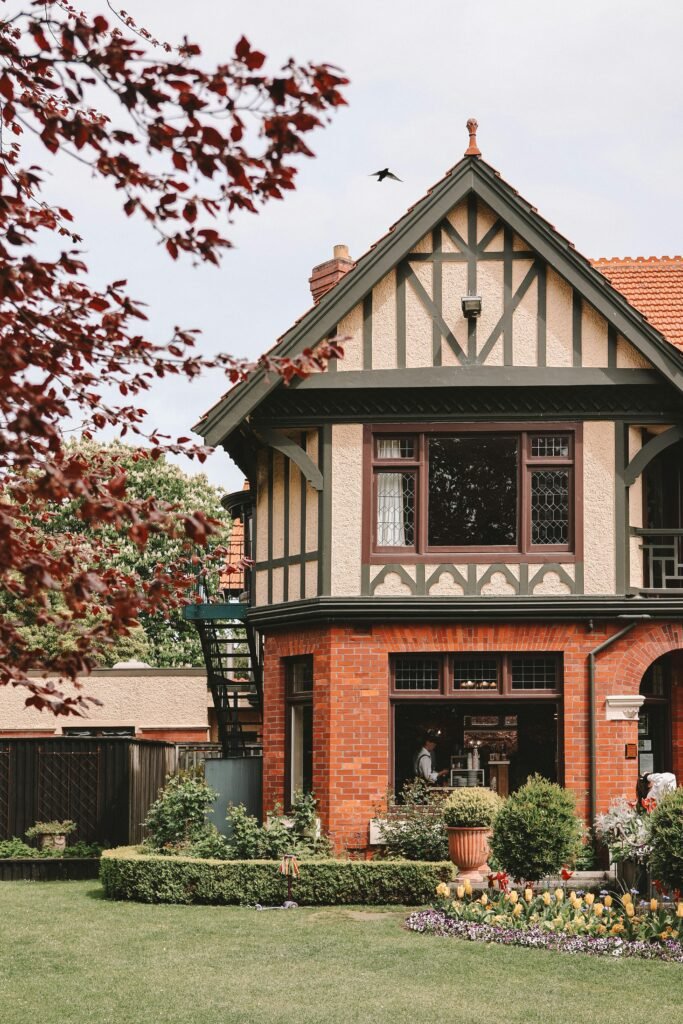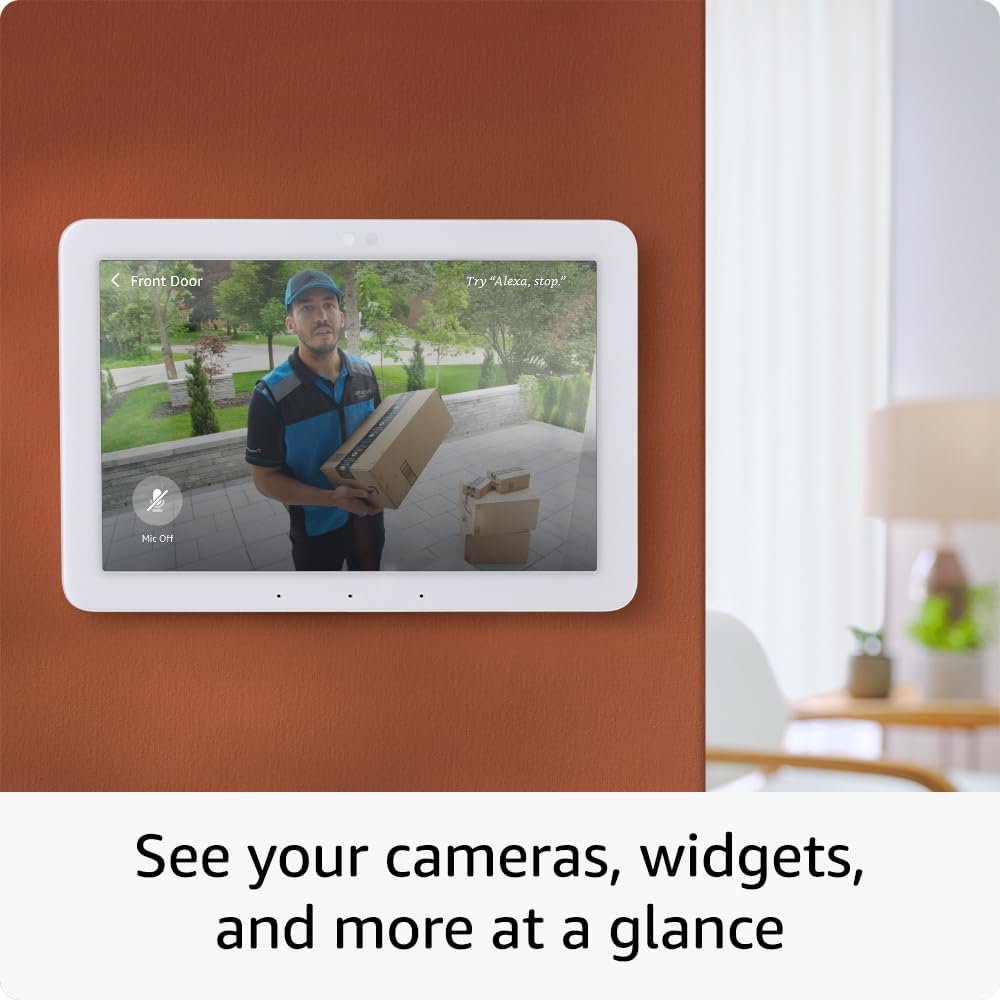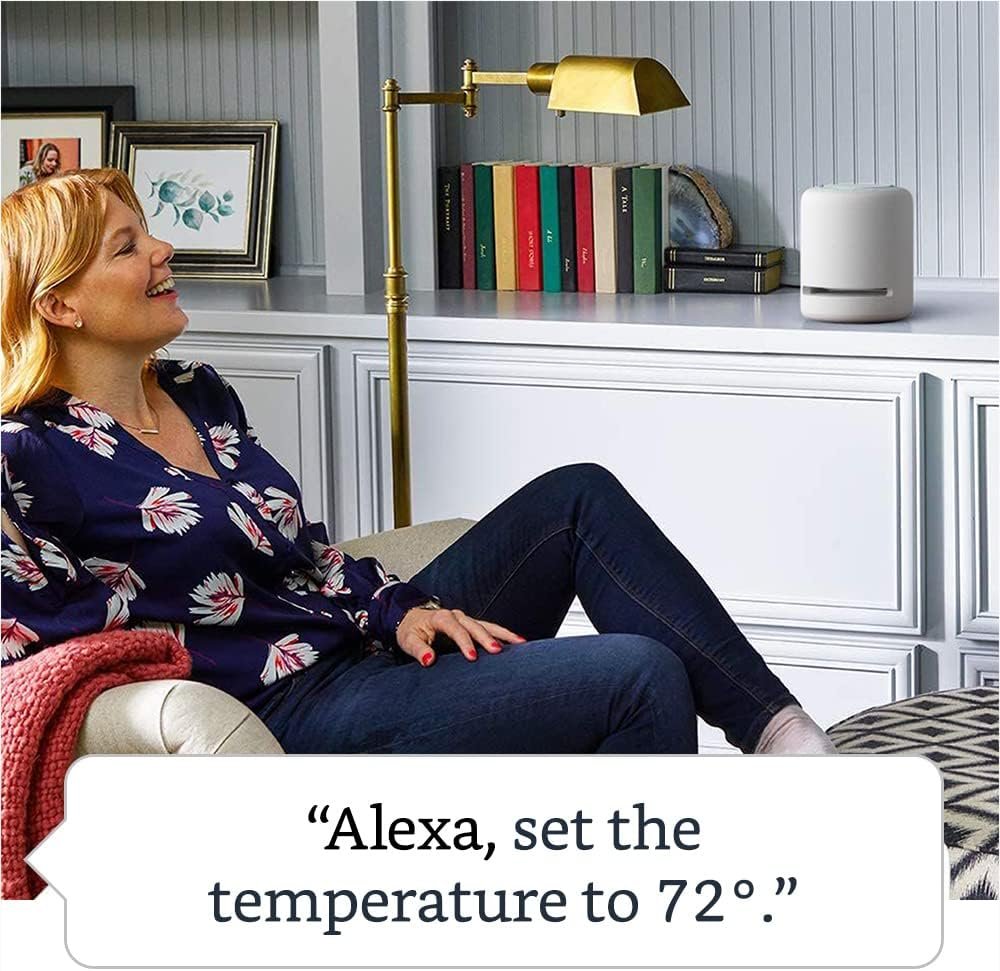Have you ever wondered whether investing in a smart home is truly worth your hard-earned money? With the surge in smart home technology, it’s a question many of us find lingering in our minds as we trawl through tech reviews and imagine the possibilities. Imagine waking up to a home that anticipates your every need, from brewing your coffee to adjusting the thermostat to your perfect comfort level. But naturally, before jumping on this technological bandwagon, it’s crucial to weigh the benefits, costs, and potential implications for your lifestyle. So, let’s chat about whether smart homes are a dream worth chasing or just an expensive tech fad.

What Defines a Smart Home?
To understand the value of a smart home, we need first to define what it encompasses. A smart home refers to a residence equipped with advanced automation systems to provide its inhabitants with sophisticated monitoring and control over the building’s functions. These functions can include lighting, heating, ventilation, air conditioning, security, and other home appliances. Imagine controlling your lights or security system through a simple voice command or app—this is the essence of smart homes.
The Core Components of a Smart Home
Smart homes are composed of several essential components:
Smart Devices: These are the gadgets like smart thermostats, lights, locks, and cameras that connect to your home network.
Connectivity: Wi-Fi and Bluetooth technology that enables your devices to communicate with each other.
Smart Hub: Often acting as the brain of your smart home setup, the hub manages devices and executes specific actions based on your instructions.
Automation Technology: This involves the software or applications that allow you to create automated routines and scenarios.
Each component plays a crucial role, contributing to the seamless and automated experience offered by smart homes. Understanding these parts will help you appreciate and evaluate their worth.
Benefits of Smart Homes
Investing in smart home technology brings several benefits that can make life more convenient and sometimes even more cost-effective in the long run. Let’s explore these perks a little deeper.
Enhanced Convenience
Smart homes provide unparalleled convenience. The ability to control and automate various elements of your home remotely or through voice command can be invaluable. Whether you’re already in bed and forget to turn off the lights or you want your home to warm up before you arrive, smart technology offers convenience at your fingertips.
Improved Energy Efficiency
One of the standout benefits of smart home devices is energy efficiency. With smart thermostats, for example, you can schedule temperature adjustments that save energy while still maintaining comfort. Lights can turn off automatically when a room is unoccupied, further cutting down on unnecessary energy use. In essence, the ability to monitor and optimize energy use can lead to tangible savings on utility bills over time.
Increased Security
With smart security systems, you gain an enhanced layer of security that is often more effective than traditional methods. Video doorbells, smart locks, and security cameras provide real-time updates and notifications, ensuring you’re always in the loop about who is at your door or if an intruder is attempting access.
Personalization and Comfort
Smart homes allow you to tailor your environment to suit your lifestyle. You can create routines that align with your daily habits, such as having your favorite music play when you wake up or having the lights dimmed to a cozy level in the evening. This level of personalization can significantly enhance your comfort and enjoyment of your home.

Potential Drawbacks of Smart Homes
While smart homes offer many enticing benefits, it’s important to acknowledge potential drawbacks that might make some hesitant about adopting the technology.
High Initial Cost
The upfront cost of transforming a home into a smart one can be substantial. From purchasing smart devices to installing necessary wiring or hubs, it’s not a cheap venture. This cost may deter individuals who aren’t willing or able to invest heavily upfront, even if long-term savings are possible.
Privacy Concerns
A notable concern with smart homes revolves around privacy and data security. Smart devices often collect data to function optimally, and this data could potentially be accessed by unauthorized parties. Ensuring your network and devices are secure requires vigilance and might involve additional costs for security solutions.
Dependency on Technology
There’s a growing reliance on technology that smart homes propagate. In the event of a technical malfunction or power outage, you might find yourself inconvenienced if you’ve grown accustomed to automation. There’s a balance to be maintained to ensure that your home remains functional even without the tech trappings.
Compatibility Issues
As more companies produce smart devices, compatibility issues can arise, where one brand’s device may not work seamlessly with those of another. This can complicate device integration and require multiple apps or solutions to control all devices effectively.
| Advantages | Disadvantages |
|---|---|
| Enhanced Convenience | High Initial Cost |
| Improved Energy Efficiency | Privacy Concerns |
| Increased Security | Dependency on Technology |
| Personalization and Comfort | Compatibility Issues |
Evaluating the Cost of Smart Homes
To better assess whether a smart home is worth the money, let’s break down the costs involved.
Initial Investment
The initial outlay can include costs for devices, installation, and possibly upgrading your home’s connectivity infrastructure. Smart speakers range from $50 to $200, smart thermostats can cost between $150 and $250, and complete smart security systems can vary significantly, often starting at $200 and going upwards depending on sophistication and brand.
Operational Costs
Once everything is set up, operational costs come in. These are typically lower than traditional systems due to energy savings from efficiency improvements. Beyond energy, some smart home services might require subscriptions, such as cloud storage for security footage.
Potential for Long-Term Savings
Despite substantial initial investments, smart homes have the potential to save money over time. Energy savings from smarter thermostats and lighting can lead to lower utility bills. Scheduling maintenance or being alerted to potential home issues preemptively can also avoid costly repairs.

Who Should Consider Smart Homes?
Smart homes are not necessarily a one-size-fits-all solution. They are best suited for individuals or families that lean towards a tech-oriented lifestyle. Here are some ideal candidates:
Tech Enthusiasts
For those who thrive on incorporating the latest tech into their lives, a smart home offers an exciting opportunity to experiment and innovate how they live.
Busy Professionals
For professionals who need to maximize efficiency and manage their time wisely, smart home automation can streamline daily tasks and routines.
Environmentally Conscious Individuals
With the potential for energy conservation, eco-friendly individuals will appreciate the ability to reduce their ecological footprint through smart home solutions.
Security-Conscious Homeowners
Those who prioritize security will value the persistent monitoring and controls that modern smart home security systems provide.
Future Trends in Smart Home Technology
The landscape of smart home technology is constantly evolving, making it an exciting space to watch. Let’s consider what the future holds.
Increased Integration with AI
Artificial Intelligence (AI) is becoming a more prominent feature in smart homes. By learning user habits, AI could potentially automate decision-making processes, providing even greater convenience and efficiency.
Expansion of IoT Devices
Expect an increase in the diversity and sophistication of Internet of Things (IoT) devices. As more household items become “smart,” their integration into home ecosystems should become more streamlined and intuitive.
Improved Security Measures
With evolving technology comes the improvement of security measures. Enhanced encryption and authentication methods are being developed to protect user data and ensure privacy, addressing one of the significant concerns of tech-savvy consumers.
Sustainable and Self-Sustaining Homes
Sustainability is likely to become a more significant focus, with smart technology integrating with renewable energy sources like solar panels or energy storage systems to create self-sustaining homes.
Conclusion: Are Smart Homes Worth the Money?
Deciding whether a smart home is worth your investment hinges on your personal preferences, lifestyle, and priorities. For some, the convenience, security, and potential for long-term savings make smart homes undeniably appealing. Others may find the privacy concerns, initial costs, and reliance on technology to be intimidating hurdles.
Ultimately, weighing the costs and benefits aligned with your unique situation will help determine if integrating smart technology into your home is the right choice for you. As technology advances, smart homes continue to represent a fascinating glimpse into the future of living. By understanding their potential, costs, and implications, you can make an informed decision that either guides you into the sophisticated world of smart living or helps you appreciate the simplicity of a traditional home.



